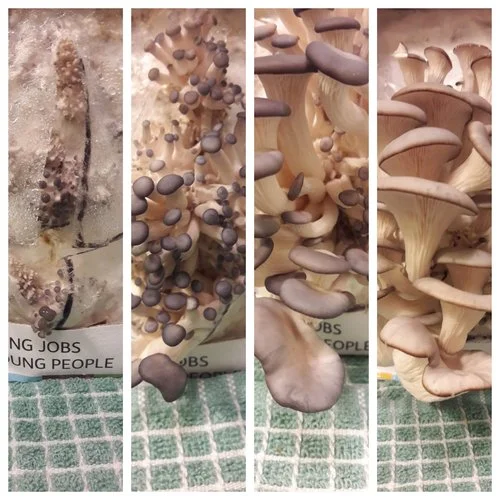You probably already know what this means – mycology is the study of fungi. I’ve chosen it as the WOTW (as no one calls it) in honour of my sister, who’s a little bit of an amateur mycologist herself. Also because mushrooms are super interesting (no, really), and I want to blow your mind with some fungi-facts.
So, etymology-wise, ‘mycology’ is pretty straightforward – ‘mukēs’ is Greek for ‘fungus’ and ‘-logia’ means ‘study’. But for many years mycology was treated as a branch of botany, when fungi are actually evolutionarily more closely related to animals than plants. In fact, on a cellular level, they’re more similar to humans than plants (WTF?! And what does this mean for the vegans?).
Here are some more mush-facts.
Forget the blue whale – the largest organism on earth is the honey mushroom. There’s one in Oregon that measures more than TWO MILES across (you can find out more about this parasitic beast here.
There’s a mushroom in Hawaii that apparently causes instant orgasms in woman. You just have to smell it. *books ticket to Hawaii*
According to one article I read, we’re all pronouncing ‘fungi’ wrong – scientists actually prefer ‘fun-juy’ (although I don’t really understand how to pronounce ‘juy’, but hey ho). I think this is just because the mycologists are fed up with being called ‘fun guys’ all the time by the other science people.
Mushrooms might well save the world one day. They’re a great food source – they grow really fast on pretty much anything, and don’t need sunlight (if you’ve ever lived anywhere with damp, you’ve probably seen this firsthand). And they can even absorb oil spills, which they turn into a type of fungal sugar.
The photo below shows my sister’s first mushroom crop. She took these pictures over the space of four days which shows how fast they grow (I was genuinely concerned that she might get smothered in her sleep by them).

